Trailer:
“The Lord of the Rings: The Return of the King,” released in 2003 and directed by Peter Jackson, is the epic conclusion to J.R.R. Tolkien’s legendary trilogy. This film, widely regarded as one of the greatest fantasy movies ever made, culminates the journey of Frodo Baggins and his companions in their quest to destroy the One Ring and defeat the dark lord Sauron. The movie masterfully blends intricate storytelling, breathtaking visuals, and profound themes, earning it 11 Academy Awards, including Best Picture.
Plot Overview
The story picks up with Frodo Baggins (Elijah Wood) and Samwise Gamgee (Sean Astin) continuing their perilous journey to Mount Doom, guided by the treacherous Gollum (Andy Serkis). As they draw closer to their goal, the burden of the One Ring weighs heavily on Frodo, testing his resolve and straining his friendship with Sam. Gollum’s deceit threatens to derail their mission, culminating in a climactic struggle at the very brink of Mount Doom.
Meanwhile, Aragorn (Viggo Mortensen), Legolas (Orlando Bloom), and Gimli (John Rhys-Davies) prepare for the final confrontation with Sauron’s forces. Aragorn embraces his destiny as the true king of Gondor, rallying the armies of Middle-earth for a last stand at the gates of Mordor. With the aid of Gandalf (Ian McKellen), King Théoden (Bernard Hill), and other allies, they face overwhelming odds in the Battle of Pelennor Fields, where courage, sacrifice, and unity are put to the ultimate test.
Themes and Character Development
“Return of the King” delves deeply into themes of friendship, sacrifice, and the corrupting influence of power. Frodo’s internal struggle with the Ring highlights the perils of absolute power and the strength required to resist its allure. Sam’s unwavering loyalty and bravery underscore the power of friendship and hope, even in the darkest of times.
Aragorn’s journey from ranger to king explores themes of leadership, destiny, and the burdens of responsibility. His acceptance of his royal lineage and his role in the fate of Middle-earth symbolize the triumph of good over evil and the restoration of hope. The film also examines the resilience and unity of diverse races and peoples, coming together to fight against a common enemy.
Visual Style and Cinematic Approach
Peter Jackson’s direction ensures that “Return of the King” is a visual and emotional spectacle. The cinematography by Andrew Lesnie captures the grandeur and scale of Middle-earth, from the desolate plains of Mordor to the majestic city of Minas Tirith. The battle scenes are intricately choreographed and executed with stunning special effects, creating a sense of epic scope and intense realism.
The film’s use of practical effects, combined with groundbreaking CGI, brings to life iconic moments such as the charge of the Rohirrim, the siege of Minas Tirith, and the final destruction of the Ring. Howard Shore’s evocative score enhances the emotional depth of the narrative, weaving together leitmotifs that underscore the characters’ journeys and the film’s overarching themes.
Performances
The cast delivers powerful and memorable performances, with Elijah Wood and Sean Astin providing the emotional core of the film through their portrayal of Frodo and Sam. Viggo Mortensen’s Aragorn is compelling and inspirational, embodying the ideals of bravery and leadership. Ian McKellen’s Gandalf, with his wisdom and strength, serves as the guiding force for the forces of good.
Andy Serkis’ portrayal of Gollum continues to be a standout, blending physicality and voice to create a character torn between his desire for the Ring and his lingering humanity. Supporting performances from actors like Bernard Hill, Miranda Otto, and John Noble add depth to the film, enriching the tapestry of Middle-earth with their distinct and memorable characters.
Conclusion
“The Lord of the Rings: The Return of the King” is a triumph of filmmaking, combining masterful storytelling, stunning visuals, and profound emotional resonance. It serves as a fitting conclusion to the trilogy, delivering a powerful message about the endurance of hope, the strength of friendship, and the ultimate victory of good over evil. The film’s legacy continues to endure, captivating audiences and inspiring future generations with its timeless tale of heroism, sacrifice, and the enduring power of hope.
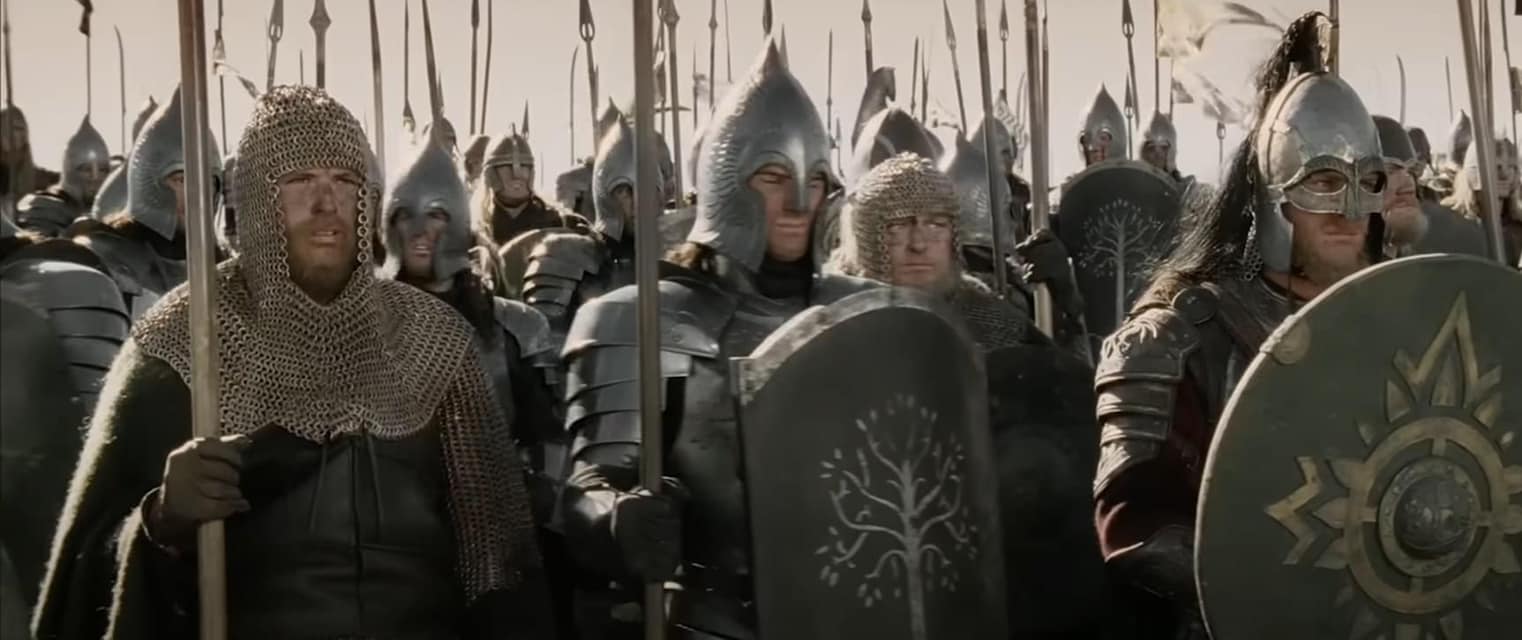
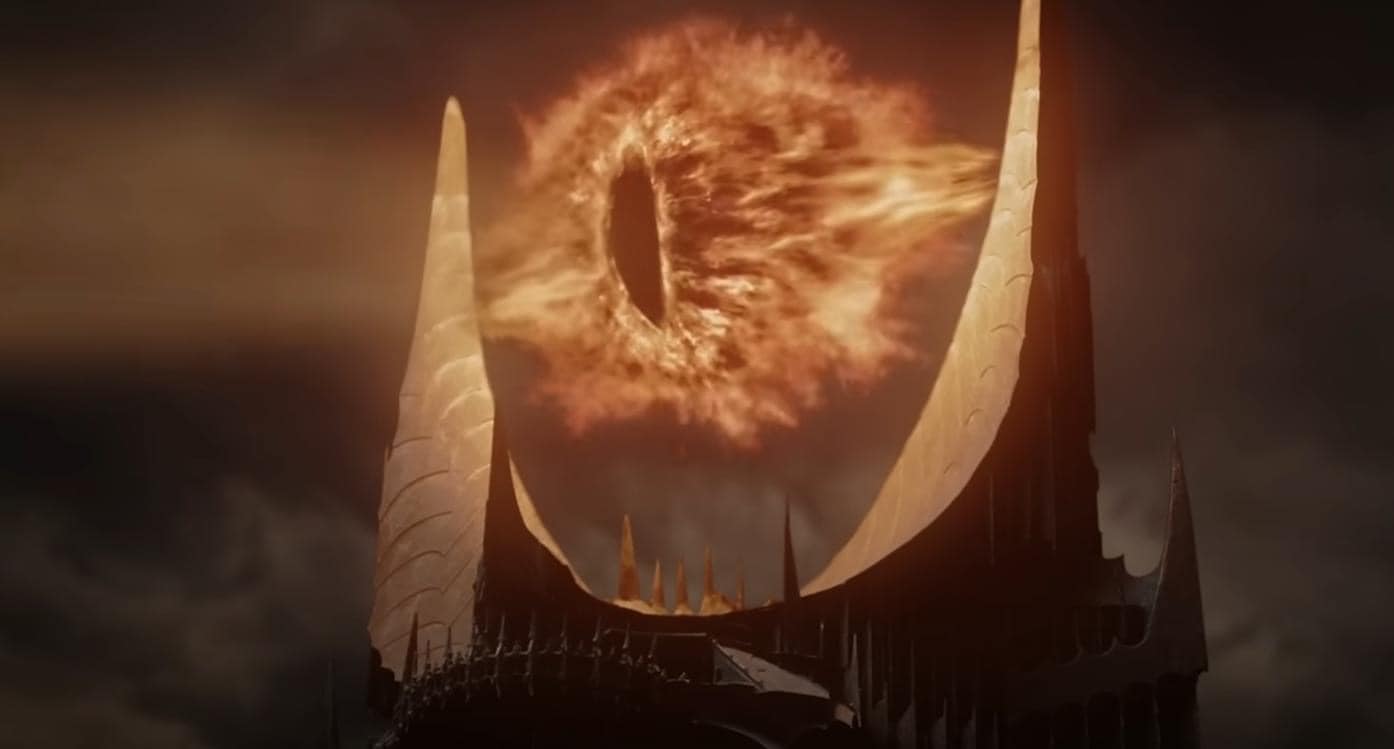
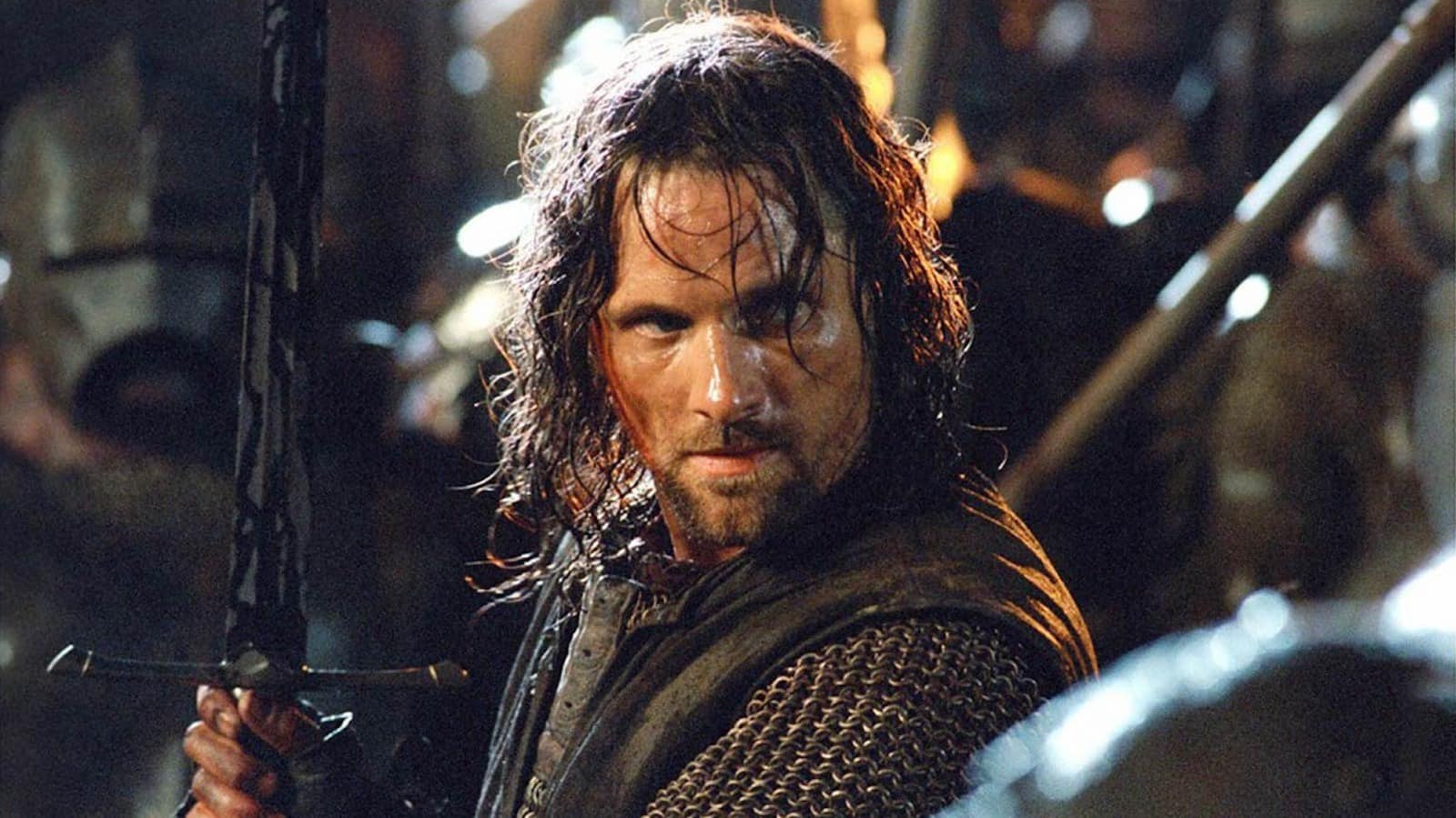
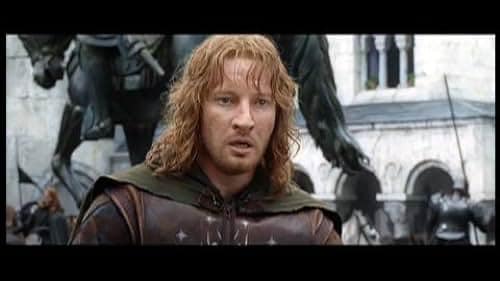
Related Posts

VIKINGS: Valhalla Season 3 (2024)
Trailer: https://youtu.be/eWr2k2JCqdY?si=9Vggdce1t9hcgxgA "VIKINGS: Valhalla Season 3" (2024) continues the epic…

PREDATOR 6: Badlands Teaser (2024)
Movie: https://youtu.be/tUvWaR3NIAg?si=4BIFh8qhr3tRytWO "Predator 6: Badlands," slated for release in 2024,…
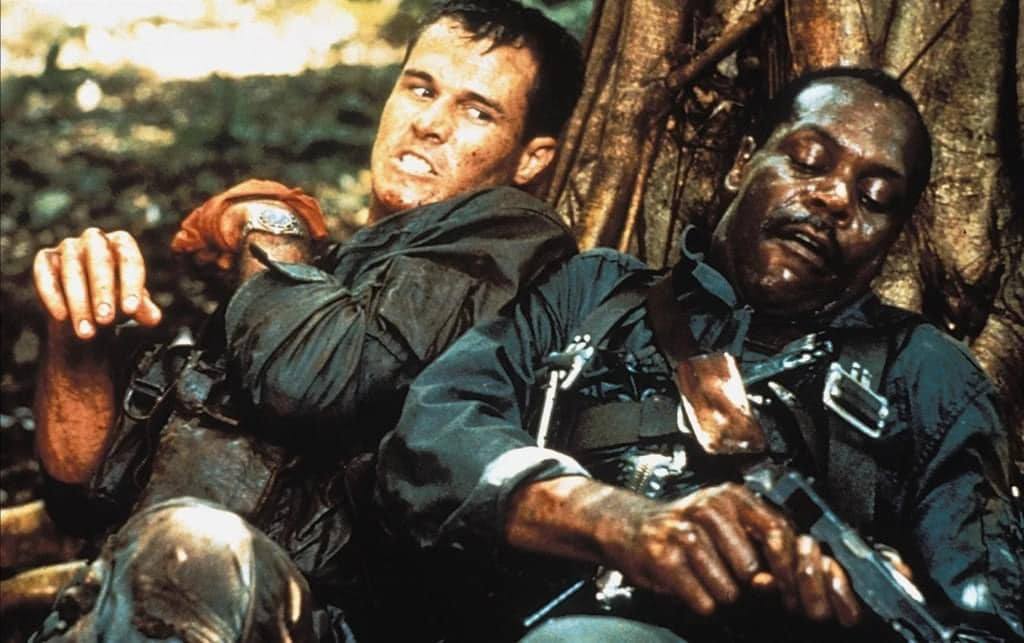
Flight of the Intruder (1991)
Trailer: https://youtu.be/4aWLk36djRE?si=CPLfZRpDTWbnby2J "Flight of the Intruder" (1991), directed by John…
